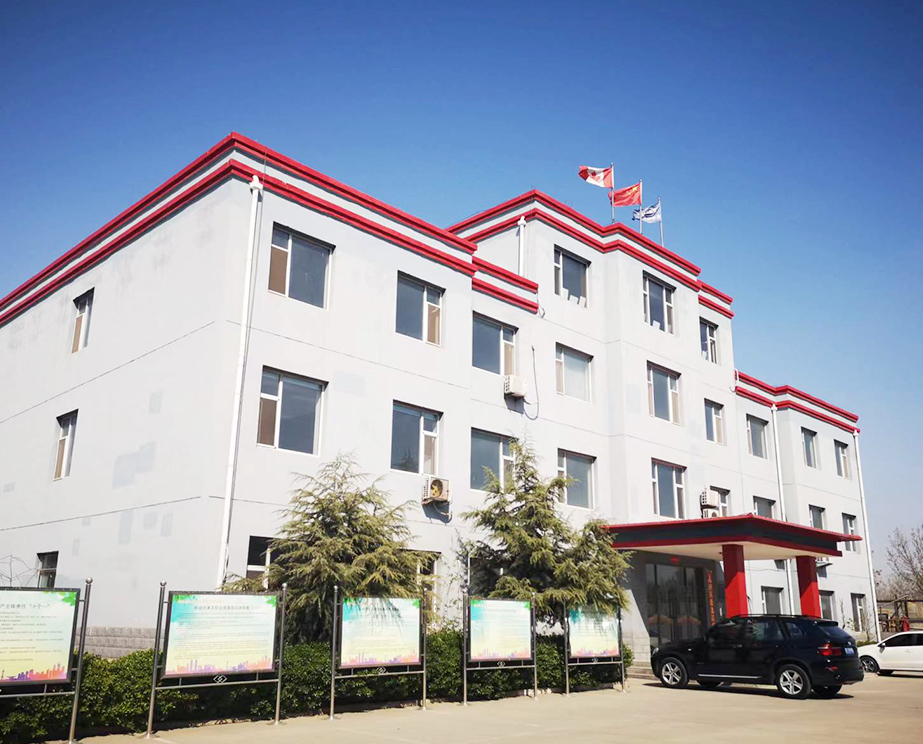steel couplings for pipe
Steel Couplings for Pipe A Comprehensive Overview
Steel couplings serve as vital components in various piping systems, enabling the connection and secure joining of pipe sections. Designed primarily for strength and durability, these couplings are essential in both industrial and residential applications. This article delves into the importance, characteristics, and applications of steel couplings for pipes.
The Importance of Steel Couplings
Steel couplings play a crucial role in maintaining the integrity of piping systems. They allow for the expansion and contraction of pipes due to temperature fluctuations while ensuring a tight seal to prevent leaks. In industries such as oil and gas, water treatment, and chemical processing, steel couplings are particularly indispensable due to their resistance to pressure and corrosive environments. Their robust construction not only enhances the longevity of piping systems but also minimizes maintenance costs and the risk of catastrophic failures.
Characteristics of Steel Couplings
One of the primary benefits of steel couplings is their high tensile strength. Made from high-quality steel, they can withstand significant pressure and mechanical stress, making them ideal for high-performance applications. Steel couplings come in various designs, including threaded, welded, and clamp styles, allowing for versatility in installation and adaptability to different pipe types and sizes.
Additionally, steel couplings exhibit excellent corrosion resistance when coated properly or made from stainless steel. This characteristic makes them suitable for transportation of diverse fluids, including corrosive substances. Their ability to operate effectively under extreme temperatures—both hot and cold—further adds to their utility in various industries.
steel couplings for pipe

Moreover, the ease of installation is another notable feature. Many steel couplings are designed for quick assembly, allowing for expedited project timelines. This efficiency is particularly beneficial in large-scale projects where time and labor costs are critical considerations.
Applications of Steel Couplings
Steel couplings are used across various sectors, from construction to manufacturing. In plumbing applications, they are widely utilized to connect water supply lines and sewer pipes, ensuring the reliability and safety of household plumbing systems. In industrial settings, steel couplings are essential for transporting oil, gas, and chemical substances through pipelines. Their resilient nature makes them particularly suitable for projects requiring high demand and robust performance.
In addition to these standard applications, steel couplings find their place in specialized uses, such as in fire protection systems and irrigation networks. Their ability to integrate seamlessly with other components, such as valves and fittings, further extends their range of applications.
Conclusion
In conclusion, steel couplings for pipes are indispensable components in modern piping systems. Their ability to provide secure joints while withstanding high pressures and corrosive environments makes them a preferred choice across various industries. With their versatility, strength, and ease of installation, steel couplings contribute to the reliability and efficiency of fluid transport systems. As technology evolves and demands for efficiency increase, the role of these couplings in pipeline infrastructure will only grow more critical, reinforcing their status as essential elements in engineering and construction.
-
Tubing Crossover - API Compatible, Custom Sizes, In StockNewsNov.10,2025
-
Tubing Coupling | High-Strength, Leak-Proof Steel CouplingsNewsNov.10,2025
-
Wholesale API Threading Casing Coupling | API 5CT, Fast ShipNewsNov.10,2025
-
Pup Joint Supplier | API Certified, Custom, Quick ShipNewsNov.10,2025
-
Pup Joint Manufacturers | Precision Machined, Fast DeliveryNewsNov.10,2025
-
Tubing Coupling | Precision Steel, Leak-Proof, Fast DeliveryNewsNov.03,2025







